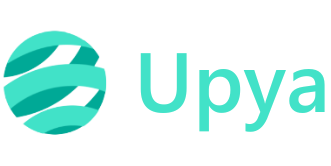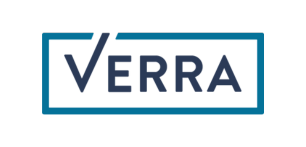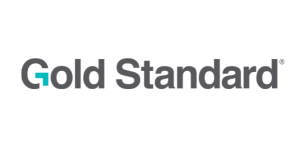An analysis of the OffsetsDB database, which consolidates data from the largest offset registries such as Gold Standard or Verra, shows that the following three methodologies are the most commonly used for registered cookstove carbon credit projects: GS-TPDDTEC, GS-SIMPLIFIED-COOKSTOVES and AMS-II-G (in conjunction with VMR0006).
Furthermore, a close examination of these methodologies and the MRV (Monitoring, Reporting, Verification) process reveals that each methodology requires detailed records of sales or distribution. For project developers, the goal is to regularly create, refine and update questionnaires to collect data from these records. This approach ensures compliance with methodology requirements and maximises opportunities to claim high-integrity carbon credits.
According to Standards Setting Bodies like the Gold Standard, records of sales and distribution of cookstoves related to carbon credit projects must include the following data:
- Date of installation
- Geographic area of sale
- Model/type of project technology sold
- Quantity of project technologies sold
- Name, telephone number (if available), address, and/or GPS coordinates:
a. Required for all bulk purchasers (e.g., retailers and industrial users)
b. Required for all end users (e.g., households) - Mode of use: domestic, institutional, commercial, other
Understanding these requirements, Upya Collect offers a digital data collection tool with templates specifically designed for cookstove projects related to carbon credits. It provides industry-specific pre-built forms for a quick start, optimised MRV processes and scalable digital data collection. The tool is user-friendly, featuring a no-code questionnaire builder with path-dependent forms and over 15 question types, including signature, picture, selectable with options, GPS and more. This functionality makes it easy to create and modify templates to meet various Standards requirements.
Additionally, Upya Collect uses special codes called “helpers” to identify questions and answers for Excel exports and survey analytics. By selecting a “helper” code, users ensure that any associated end-beneficiary profile is accurately populated, supporting effective longitudinal data collection.
In summary, Upya Collect leverages extensive industry expertise to create a comprehensive platform that consolidates all essential data collection features. This platform enhances the MRV process, including templates tailored to specific Standards and managing data for carbon credit projects at scale.


